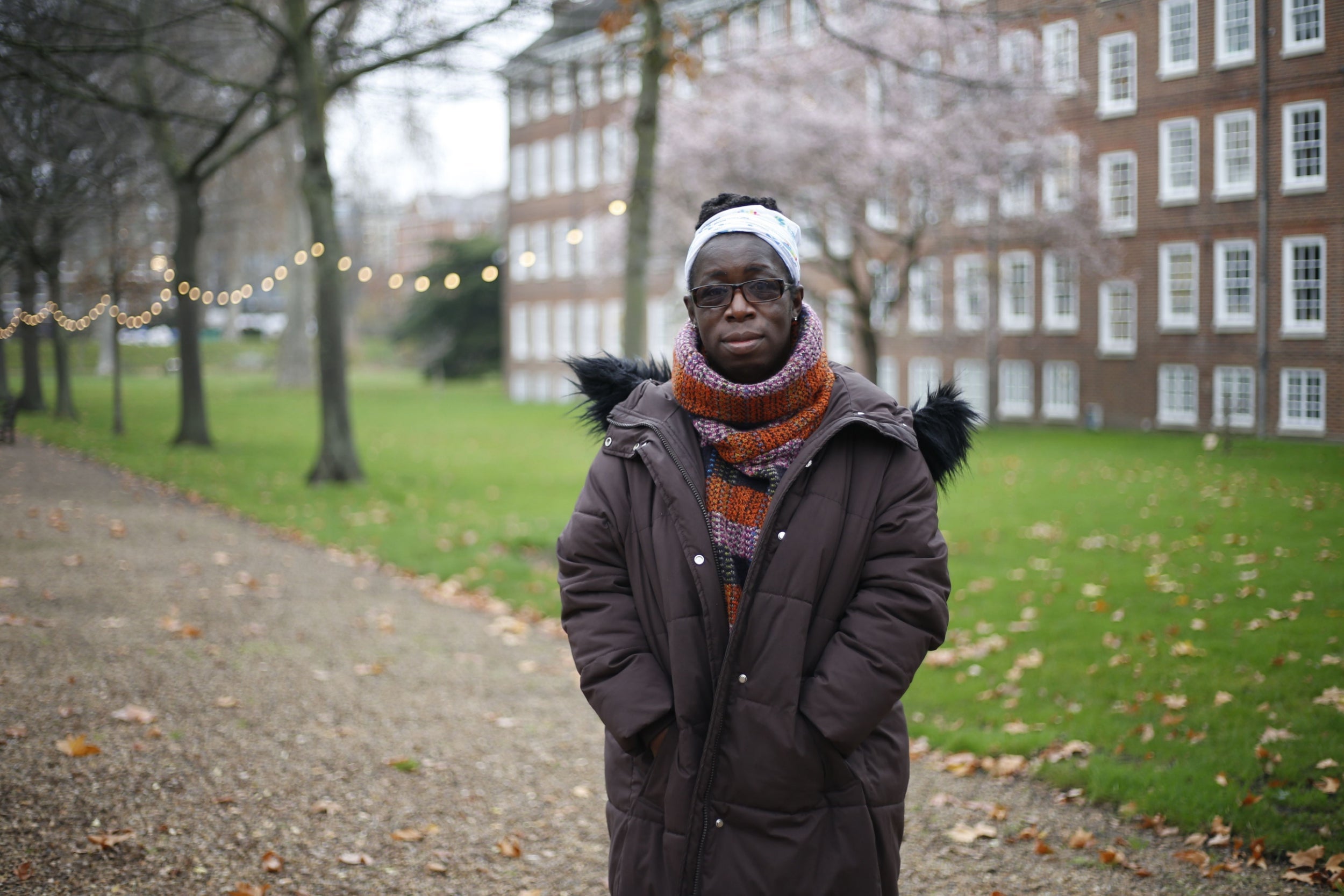Ella Adoo-Kissi-Debrah: Mother calls low traffic zone report a ‘whitewash’
The nine-year-old girl was the first person in the UK to have air pollution recognised as a cause of death

Your support helps us to tell the story
From reproductive rights to climate change to Big Tech, The Independent is on the ground when the story is developing. Whether it's investigating the financials of Elon Musk's pro-Trump PAC or producing our latest documentary, 'The A Word', which shines a light on the American women fighting for reproductive rights, we know how important it is to parse out the facts from the messaging.
At such a critical moment in US history, we need reporters on the ground. Your donation allows us to keep sending journalists to speak to both sides of the story.
The Independent is trusted by Americans across the entire political spectrum. And unlike many other quality news outlets, we choose not to lock Americans out of our reporting and analysis with paywalls. We believe quality journalism should be available to everyone, paid for by those who can afford it.
Your support makes all the difference.The mother of a girl who became the first person in the UK to have air pollution recognised as a cause of her death has described a government report praising low traffic zones as a “whitewash”.
Rosamund Adoo-Kissi-Debrah, whose nine-year-old daughter Ella died following a severe asthma attack in 2013, made the comments following the Department for Transport’s Gear Change: one year on report published on Friday.
The report praises Low Traffic Neighbourhoods (LTNs) – where residential side streets are closed to through motor traffic – as leading to “significant reductions in traffic” and “significant increases in cycling and walking”.
It also claims LTNs “benefit public safety” by halving road injuries and reducing street crime, as well as being “socially inclusive”. “In London, people in areas of higher deprivation were 2.7 times more likely to live in a 2020 LTN compared to those in the least deprived quarter of the population,” the report continues.
But Ms Adoo-Kissi-Debrah said the report’s claim that it is false to say LTNs “displace traffic to other roads” was “absurd”, The Telegraph reports. “The whole thing is a complete whitewash,” she said.
She continued: “When my daughter was alive the congestion on the south circular was bad. But, since the introduction of LTN schemes around the route it has become far worse. The congestion is terrible. This government simply doesn’t care.”
The Gear Change: one year on report states that “in most cases” the claim that LTNs simply displace traffic to other roads is “not happening”.
The report says: “Sometimes it did happen at the beginning, as travel patterns adjusted. But now the schemes have been in place for longer, councils are also reporting reductions in traffic on most (though not yet all) of the roads around the LTNs.”
A landmark inquest in December found that pollution from traffic made a “material contribution” to Ella’s death, and a coroner’s report released in April said the UK must set stricter air quality limits to prevent similar deaths in the future.
Air pollution is responsible for between 28,000 and 36,000 deaths each year in the UK – and some studies suggest that the true figure could be even higher.
The legal limit for fine particulate matter pollution (PM2.5) in the UK is currently two and a half times as high as that recommended by experts at the WHO.
In an interview with The Independent published in April, Ms Adoo-Kissi-Debrah urged the government to take the coroner’s recommendation for tougher air pollution limits “incredibly seriously”.
“If nothing changes, then there are going to be families that go through what we’ve gone through,” she said.
“Children are continuing to die, it is a very difficult thing to talk about. Should anyone die from asthma in 2021? The answer is no.”
A Department for Transport spokesperson told The Telegraph that the report was “produced based on detailed academic studies, widespread consultation with key stakeholders and surveys of public opinion”.
Join our commenting forum
Join thought-provoking conversations, follow other Independent readers and see their replies
Comments